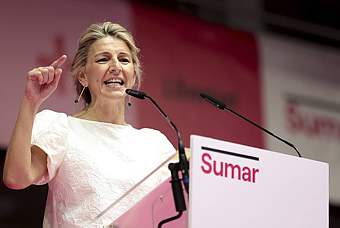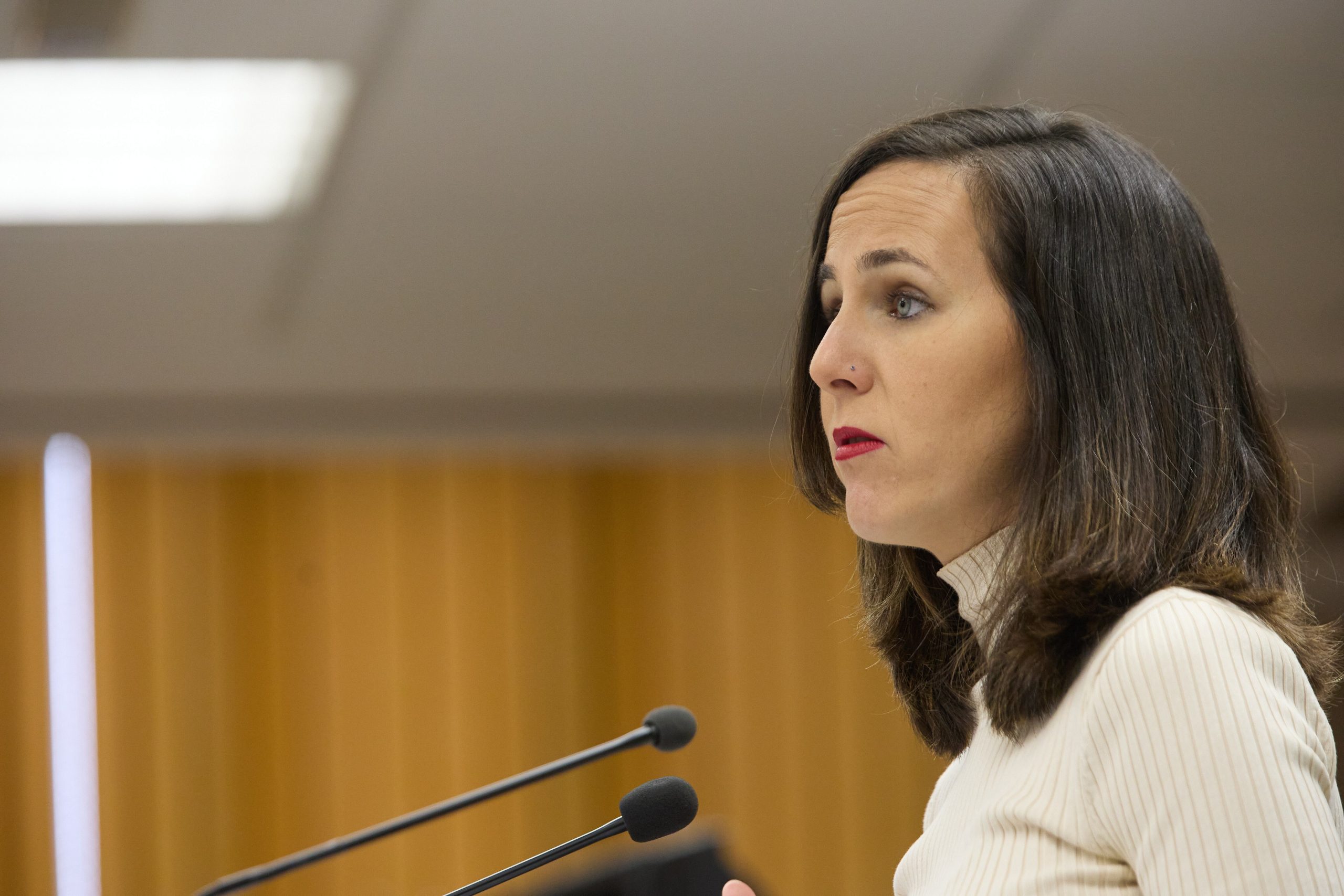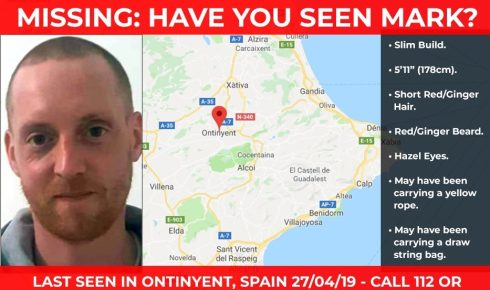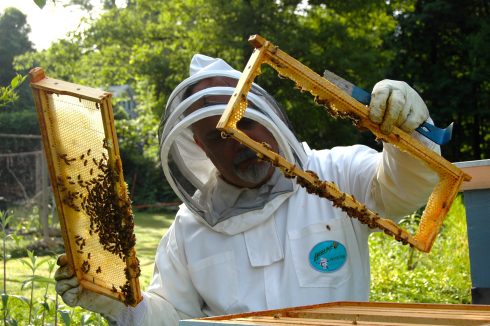LEFTIST POLITICAL party Podemos (We Can) is going to make a last-minute consultation of its grassroots members before deciding whether or not to join forces with a new left-wing bloc called Sumar (Unite) ahead of the upcoming general election.
Many of the parties from Spain’s fragmented left wing have already signed up to Sumar, which is the brainchild of current Deputy Prime Minister Yolanda Diaz. Podemos, however, is yet to make a decision as the Friday-evening deadline to do so fast approaches.

The poll was announced by Podemos leader Ione Belarra on social media at 1.35pm on Thursday, with party members having until 10am tomorrow to cast their vote. The consultation will not be binding and the leadership of the party will have the final word.
Podemos currently makes up part of the coalition government within the Unidas Podemos (United We Can) bloc, along with the United Left, Spain’s communist party. The senior partner in the coalition government is the Socialist Party (PSOE).
United Left has already announced that it will be joining Sumar, as has Mas Madrid (More Madrid) and other smaller groups such as Initiative of the Andalusian People.
Polling suggests that Sumar – and the left wing parties in general – will garner more votes at the upcoming general election on July 23 than if the same groups ran separately, also affecting the support at the polls for right-wing parties such as the Popular Party and Vox. These latter two parties are predicted to get less support if the left unites.
The July 23 general election was called by Socialist Party Prime Minister on May 29 in a surprise move, after his group and other leftist parties such as Podemos were punished by Spaniards the day before at the local and regional polls. The big winners of the votes were the PP and Vox.
By bringing the elections forward from December to July, Sanchez has forced the hand of the other leftist parties to make a decision about joining Sumar, rather than dragging negotiations on until the end of the year.
‘Betrayal’ by Diaz
One of the reasons that Podemos has been hesitant to sign up to the new bloc is its view that it has been ‘betrayed’ by Yolanda Diaz, who reached the position of deputy prime minister and labour minister as a part of Unidas Podemos.
Podemos emerged from the anti-austerity movement in Spain in the mid-2010s, and along with other newcomers such as centre-right Ciudadanos (Citizens) served to shake up Spain’s traditional two party system of the PP and the PSOE.
In January 2020 the coalition government was formed, with Podemos co-founder Pablo Iglesias serving as deputy prime minister. He has since left politics to focus on media ventures, while the popularity of Unidas Podemos has been damaged in recent months by a series of controversies, including the drafting of a consent law that has inadvertently seen prison sentences reduced for some convicted sex offenders.
Read more:
- Spain’s post office to boost staff by 10,000 workers to cope with summer general elections
- Explainer: What do the polls say ahead of July’s snap election in Spain?
- Explainer: What will Spain’s first summer general election mean for voters?











